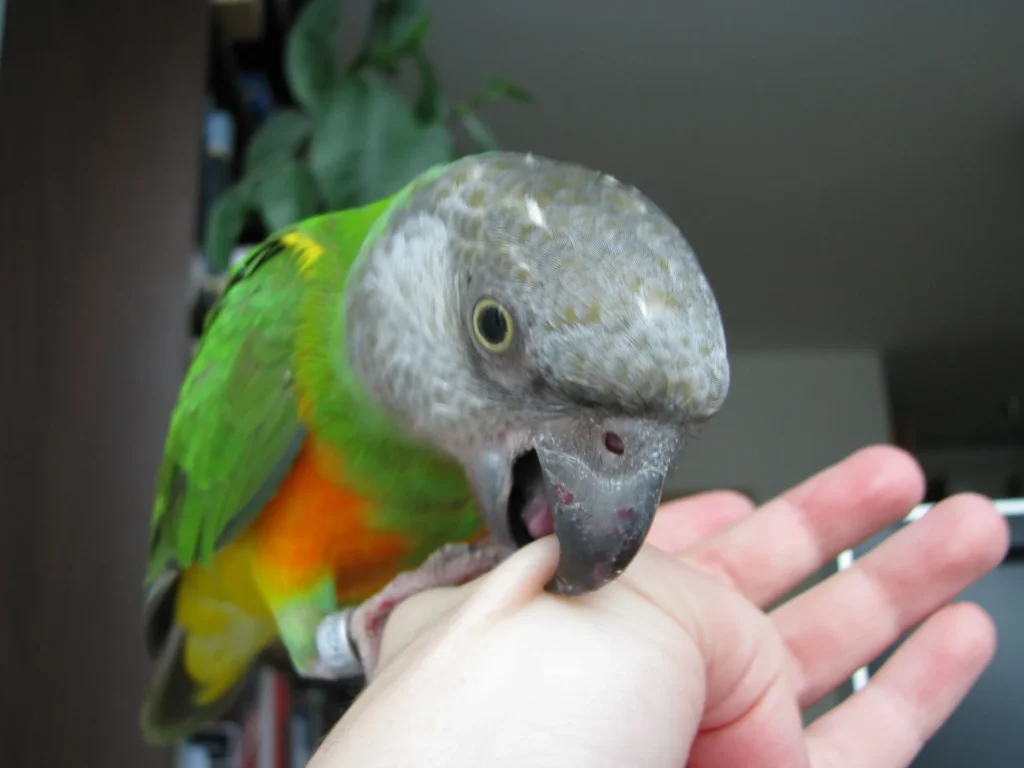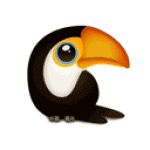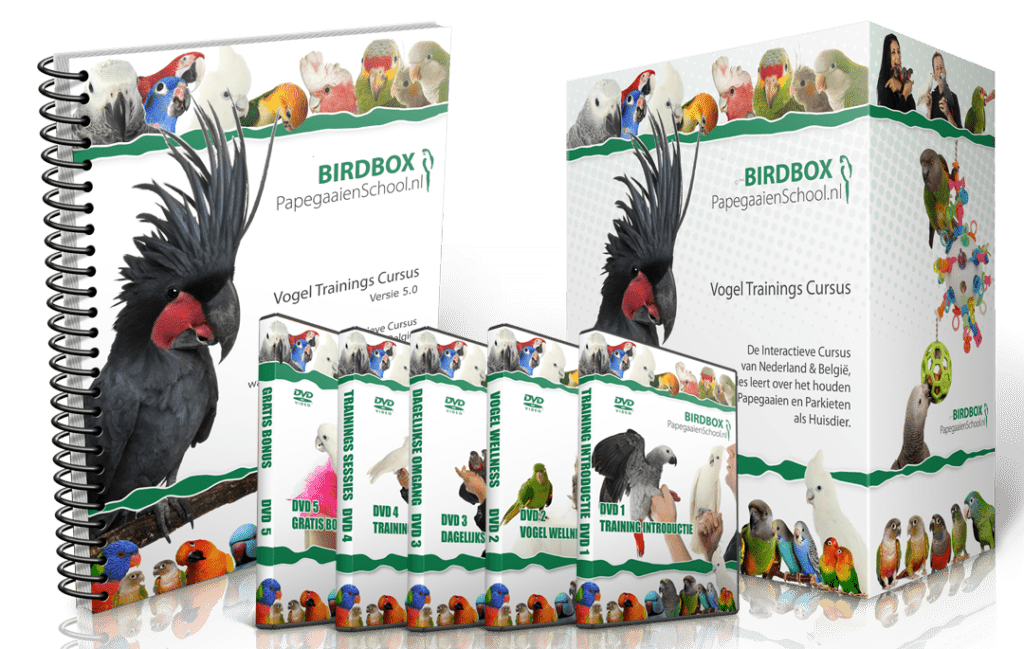There’s no doubt that parrots are some of the most interesting and exotic animals in the world. With their brightly colored feathers and playful personalities, it’s no wonder that they’re so popular among pet owners.
But did you know that parrots can be dangerous? They have sharp beaks and claws, and they can bite or scratch you if they’re feeling threatened.
In this blog post, we’ll take a closer look at these fascinating creatures and discuss some of the dangers that come with owning them. We’ll also answer the question: can a parrot bite your finger off? Stay tuned to find out!
How strong is a parrot’s bite? Could it bite your finger off?
Parrots have powerful beaks that can cause serious damage. Their bites are strong enough to break bones and puncture skin. In fact, there have been reports of people losing fingers or even dying from pet parrot bites. Parrots have a huge bite force. So, if you’re thinking about getting a parrot as a pet, it’s important to be aware of the risks involved.
While it’s certainly possible for a parrot to bite your finger off, it’s unlikely. Most bites occur when the bird is feeling threatened or frightened. If you approach your parrot in a calm and gentle manner, it’s unlikely that you’ll be bitten.
Can Parrots bite through bone?
Yes, parrots can bite through bone. Their beaks have a strong bite force. Their beaks are incredibly strong and sharp, and they use them to crack open nuts and seeds. If a parrot bites you, it’s likely that you’ll sustain some serious injuries. Parrots have an enormous bite force.
If you’re considering getting a parrot as a pet, it’s important to do your research and be aware of the risks involved. While they’re typically friendly creatures, they can be dangerous if they feel threatened.
Why is my parrot biting me so suddenly?
There are a few reasons why your parrot might be biting you. The bird could be feeling threatened or frightened. It could also be that the bird is trying to get your attention. Parrots are intelligent creatures, and they can become bored easily.
How to stop your parrot from biting often?
There are a few things you can do to stop your pet parrot from biting. First, make sure that the bird is well-fed and has plenty of toys to keep it entertained. Second, approach the bird calmly and gently. Avoid making sudden movements or loud noises around the bird. Finally, if the bird does bite you, don’t punish it. This will only make the problem worse. If you follow these tips, you should be able to reduce the number of times your bird bites you.
Which parrot is least likely to bite?
There is no one definitive answer to this question. Each parrot is unique, and some are more prone to biting than others. However, smaller parrots typically bite less often than larger ones.
The type of parrot also makes a difference. For example, African gray parrots are known for being gentle and docile, while macaws can be more aggressive. Ultimately, it’s important to do your research and choose a parrot that is right for you.
Which parrot bites the most?
There is no one definitive answer to this question. Each parrot is unique, and some are more prone to biting than others. However, larger parrots typically bite more often than smaller ones.
The type of parrot also makes a difference. For example, African gray parrots are known for being gentle and docile, while macaws can be more aggressive. Ultimately, it’s important to do your research and choose a parrot that is right for you.
Does a parrot bite hurt?
Yes, a parrot bite can hurt. Their beaks are sharp, and their bite force is strong. If you’re bitten by a parrot, you may sustain serious injuries. It’s important to be aware of the risks involved in owning a parrot. While they’re typically friendly creatures, they can be dangerous if they feel threatened.
Why do Parrots Bite? Understanding Your Pet’s Behavior
There are a few reasons why your parrot might be biting you. The following reasons are the most common.
Hormonal changes
If your parrot is going through a hormonal change, it may become more aggressive.
During mating season, parrots can also become more aggressive.
Stress
If your parrot is stressed, it may take out its frustration by biting you.
Parrots can become stressed for a variety of reasons, including lack of social interaction, changes in their environment, and boredom.
If you think your parrot is stressed, it’s important to take steps to reduce its stress levels.
Boredom
Parrots can become bored easily. If your parrot is bored, it may start biting you to get your attention.
To prevent boredom, it’s important to give your parrot plenty of toys and attention.
Territorial behavior
Parrots are territorial creatures. If you enter their territory, they may see you as a threat and bite you.
To avoid getting bitten, it’s important to give your parrot plenty of space.
If you approach your parrot calmly and slowly, it should be less likely to bite.
Excitement
Parrots can get excited easily. If you make sudden movements or loud noises, your parrot may become excited and bite you.
To avoid getting bitten, it’s important to approach your parrot calmly and gently. Avoid making sudden movements or loud noises around the bird.
Fear and/or distrust
If your parrot is afraid of you, it may bite you.
Parrots can also become distrustful if they’re not handled properly. If you mishandle your parrot, it may start to bite you.
Illness or injury
If your parrot is sick or injured, it may bite you.
Parrots can also become aggressive if they’re in pain. If you think your parrot is sick or injured, it’s important to take it to the vet right away.
As you can see, there are a variety of reasons why your parrot might bite you. It’s important to be aware of the risks involved in owning a parrot. While they’re typically friendly creatures, they can be dangerous if they feel threatened. If you’re ever bitten by a parrot, it’s important to seek medical attention right away.

Can parrot bites cause illness?
Yes, parrot bites can cause illness. If you’re bitten by a parrot, you’re at risk of contracting a bacterial infection. The bacteria that cause these infections can be found in the bird’s saliva. These infections can be serious and even life-threatening. It’s important to seek medical attention right away if you’re bitten by a parrot.
Parrots can also carry other diseases, including psittacosis and avian influenza. These diseases can be transmitted to humans through contact with the bird’s feathers, saliva, or droppings. It’s important to take precautions to avoid these diseases.
Washing your hands after handling your parrot is a good way to prevent the spread of disease. If you’re bitten by a parrot, it’s also important to clean the wound and seek medical attention right away.
Parrot Fever Symptoms and Treatments
Parrot fever is a type of bacterial infection that can be caused by contact with a parrot. Symptoms of parrot fever include fever, chills, headache, and muscle aches. The infection can be serious and even life-threatening. Treatment for parrot fever includes antibiotics. If you think you have parrot fever, it’s important to see a doctor right away.
Avian Influenza Symptoms and Treatments
Avian influenza is a type of viral infection that can be caused by contact with a parrot. Symptoms of avian influenza include fever, chills, headache, and muscle aches. The infection can be serious and even life-threatening. Treatment for avian influenza includes antiviral medication. If you think you have avian influenza, it’s important to see a doctor right away.
Psittacosis Symptoms and Treatments
Psittacosis is a type of bacterial infection that can be caused by contact with a parrot. Symptoms of psittacosis include fever, chills, headache, and muscle aches. The infection can be serious and even life-threatening. Treatment for psittacosis includes antibiotics. If you think you have psittacosis, it’s important to see a doctor right away.
Tell me the best way to deal with a parrot bite?
If you’re ever bitten by a parrot, it’s important to seek medical attention right away. The bacteria that cause these infections can be found in the bird’s saliva and can be serious and even life-threatening.
Washing your hands after handling your parrot is a good way to prevent the spread of disease. If you’re bitten by a parrot, it’s also important to clean the wound and seek medical attention right away.
For less severe injuries, treat at home
For less severe injuries, treat at home by washing the wound with soap and water. Apply an antibiotic ointment to the wound if available and cover with a sterile bandage. If the wound is more severe, consult a doctor.
When to see a doctor
If you’re ever bitten by a parrot, it’s important to seek medical attention right away. The bacteria that cause these infections can be found in the bird’s saliva and can be serious and even life-threatening.
It’s also important to see a doctor if you have any symptoms of parrot fever, avian influenza, or psittacosis. These diseases can be serious and even life-threatening.
Look at the Wounds
Look at the wounds to see how deep they are and if anything is embedded in the wound. If the bleeding is constant and spurting, hold a clean cloth on the wound and seek medical attention immediately, as this is a sign of an arterial bleed.
If the bleeding is constant but not spurting, hold a clean cloth on the wound and seek medical attention as soon as possible.
If the bleeding is not constant, gently clean the wound with a mild soap and cool water. Apply an antibiotic ointment to the wound if available and cover with a sterile bandage. If the wound is more than ½ inch deep, consult a doctor.
For serious injuries, Seek Medical Attention Immediately
If you’re ever bitten by a parrot, it’s important to seek medical attention right away. The bacteria that cause these infections can be found in the bird’s saliva and can be serious and even life-threatening.
It’s also important to see a doctor if you have any symptoms of parrot fever, avian influenza, or psittacosis. These diseases can be serious and even life-threatening.
Close the Parrot’s cage
After you have been seen by a doctor, close the parrot’s cage and do not handle the bird until you have been cleared by a doctor. If you have avian influenza, psittacosis, or another infection, you can spread the disease to other birds.


